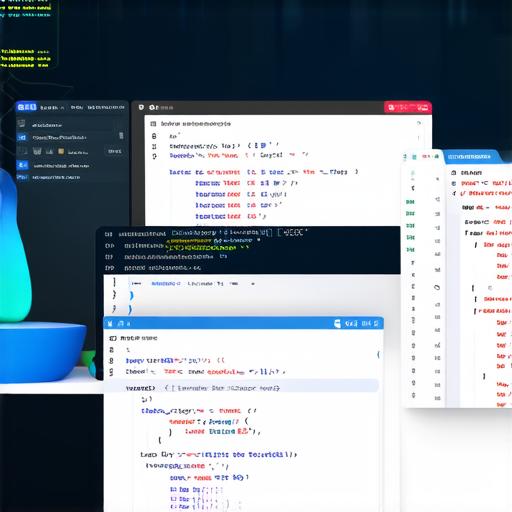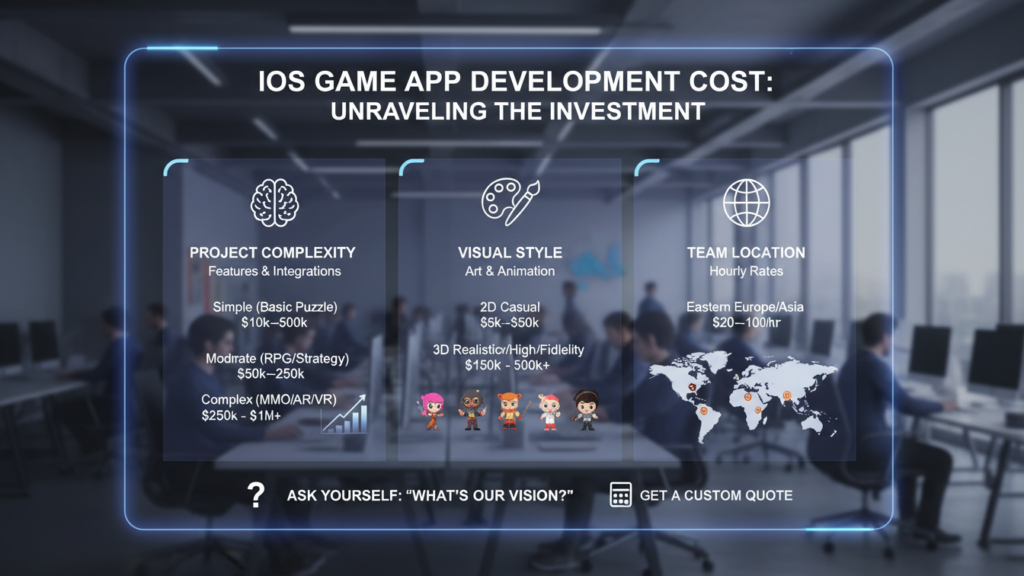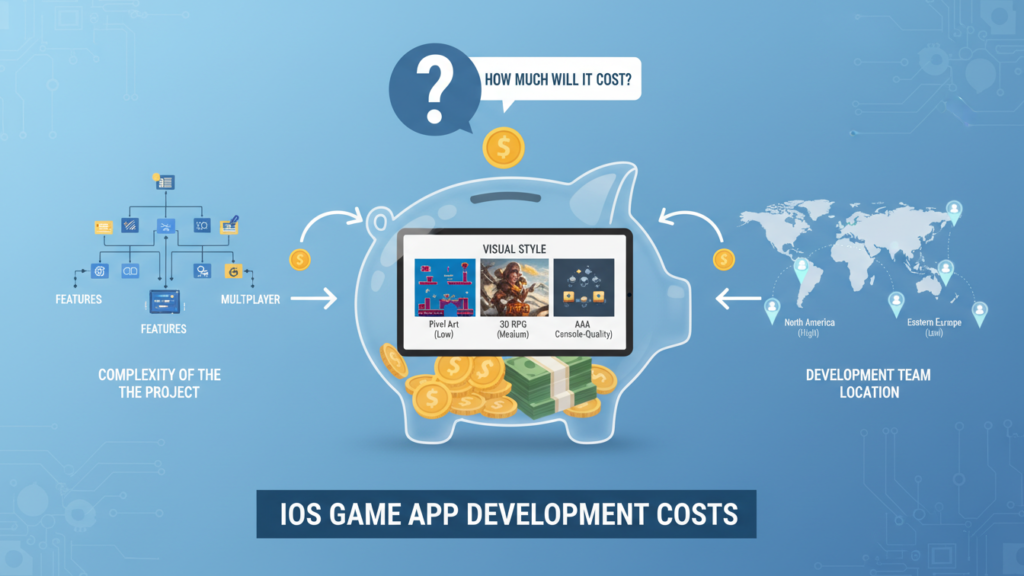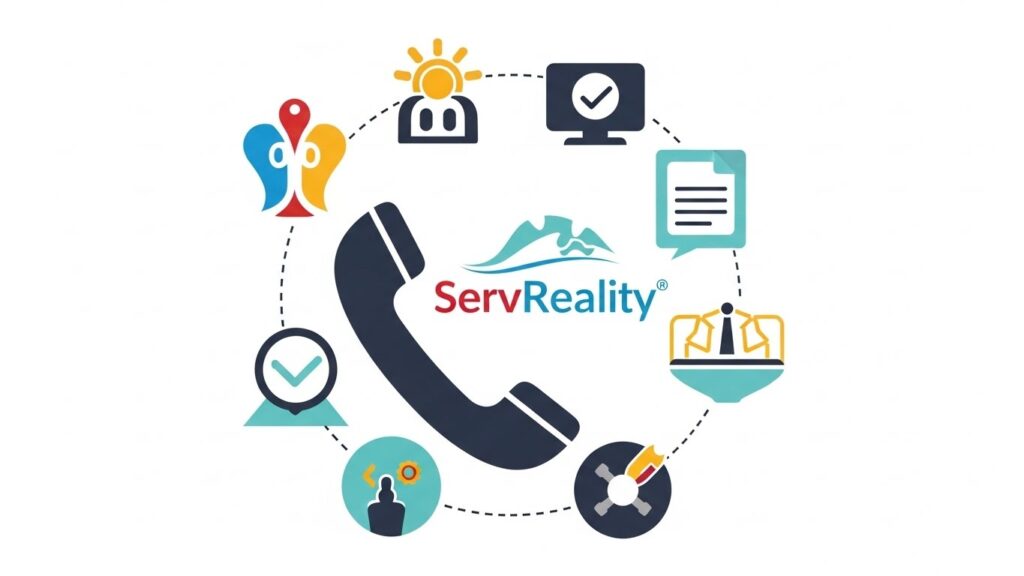1. Understanding Mobile Development
Before diving into the world of React Native, it’s crucial to have a solid understanding of mobile development principles and practices. This includes knowledge of native app development, mobile design patterns, and user interface principles. By mastering these fundamentals, developers can create apps that are intuitive, visually appealing, and optimized for performance.
1. Familiarity with JavaScript and TypeScript
JavaScript is the primary programming language used in React Native development. However, many developers prefer to use TypeScript, which offers better type checking, code completion, and other features that can help catch bugs early in the development process. Regardless of which language you choose, a strong foundation in JavaScript programming is essential for building high-quality React Native apps.
1. Experience with State Management Libraries
State management libraries like Redux and MobX are used extensively in React Native development to manage app state and data. By using these libraries, developers can create more modular and maintainable code that is easier to test and debug. It’s important to have experience with at least one of these libraries to effectively use them in your apps.
1. Familiarity with APIs and Web Services
React Native apps often need to interact with external APIs and web services to retrieve and send data. Developers should be familiar with RESTful APIs, JSON, and other protocols used in web development. Additionally, knowledge of API design patterns like caching, pagination, and error handling can help ensure that your app performs optimally and handles edge cases gracefully.
1. Knowledge of Native Components and Platform-Specific APIs
React Native allows developers to build apps using a combination of native and web components. While React provides a rich set of UI components, there are often situations where you need to use platform-specific APIs or custom native components to access device-specific features like camera, GPS, or push notifications. Developers should have a good understanding of how to work with these native components and APIs to create seamless cross-platform experiences.
1. Experience with Debugging Tools and Performance Optimization
Debugging and performance optimization are crucial aspects of app development, especially in mobile apps where every millisecond counts. React Native provides several tools for debugging and profiling your code, including React Native Debugger, Expo CLI, and third-party libraries like React Native Perf and Detox. By using these tools, developers can identify performance bottlenecks, optimize code, and ensure that their app runs smoothly on a variety of devices and networks.
1. Familiarity with Continuous Integration and Deployment Tools
Continuous integration (CI) and continuous deployment (CD) tools are essential for streamlining the development process and ensuring that your app is always up-to-date and bug-free. React Native supports a variety of CI/CD tools like Jenkins, CircleCI, and Travis CI. Developers should be familiar with how to set up these tools and integrate them into their development workflow.
1. Knowledge of DevOps Practices
DevOps is the practice of automating software delivery and infrastructure changes through collaboration between development and operations teams. React Native apps often involve multiple stakeholders, including developers, designers, project managers, and QA engineers. By adopting DevOps practices, developers can streamline the development process, improve collaboration, and ensure that their app is delivered quickly and reliably.
1. Collaboration and Communication Skills
Developing apps requires collaboration between team members from different backgrounds and skill sets. Effective communication and collaboration are essential for ensuring that everyone is on the same page and working towards the same goal. This includes being able to explain technical concepts to non-technical stakeholders, providing constructive feedback, and working effectively with designers, project managers, and other team members.

1. Willingness to Learn and Adapt
React Native is a rapidly evolving technology, with new features, libraries, and tools being released regularly. Developers should be willing to learn and adapt to these changes, as well as new programming techniques and practices. By staying up-to-date with the latest developments in React Native and related technologies, developers can build more efficient, scalable, and maintainable apps.
Summary
In conclusion, developing successful React Native apps requires a combination of technical skills and soft skills. By mastering these essential skills, you can create high-quality apps that deliver seamless cross-platform experiences to your users. Whether you are just starting out or an experienced developer, there is always something new to learn in the world of React Native. So don’t be afraid to take risks, experiment with new technologies, and embrace change as an opportunity for growth.



